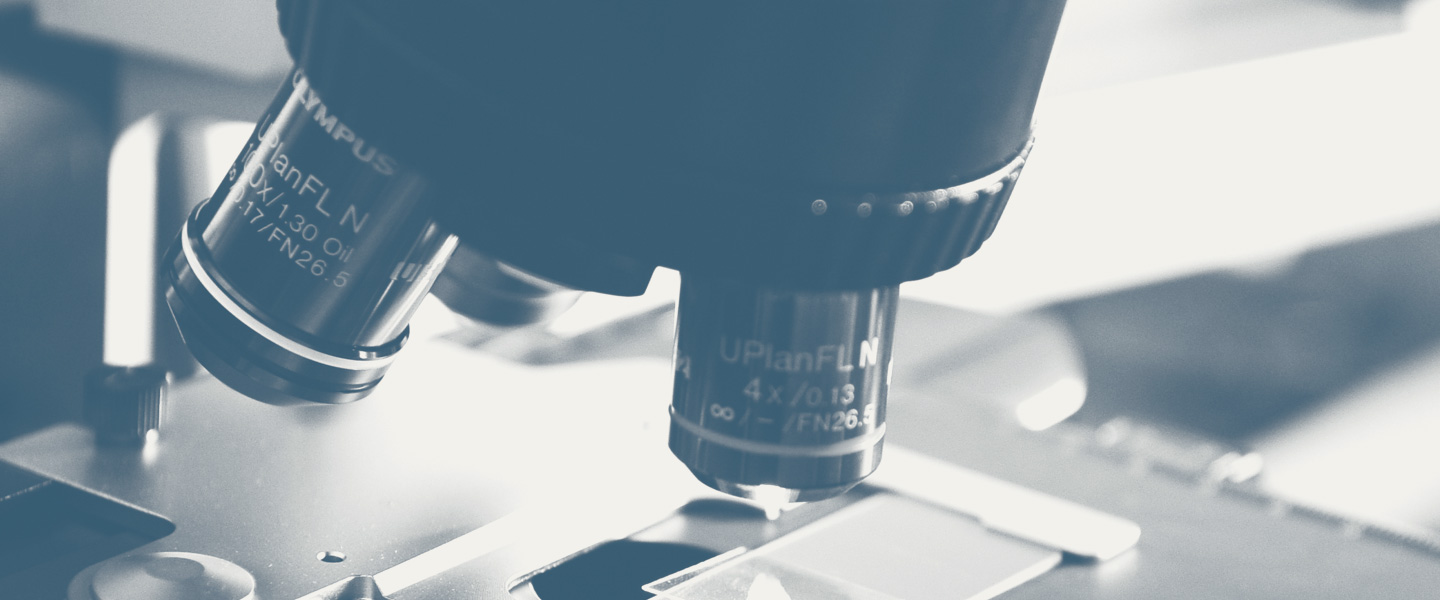
2022
Megan McNerney, MD, PhD
Associate Professor, Department of Pathology and Department of Pediatrics, University of Chicago
Uncovering Drug Resistance Mechanisms in Acute Myeloid Leukemia
Uncovering Drug Resistance Mechanisms in Acute Myeloid Leukemia
Billions of blood cells are produced every day. To accomplish this, blood stem cells divide to give rise to new daughter cells and each time they divide, the cells must make an accurate copy of their DNA. Mistakes can occur in the process and errors in the DNA can have fatal consequences, causing the stem cells to become immortal and keeping them from becoming functioning blood cells. These immortal cells can then become blood cancers, including myeloid blood cancers, which occur in over 50,000 people every year in the U.S. alone. Some patients respond well to treatment, but other “high-risk” patients are not responsive; these cases are the focus of Dr. McNerney’s lab. In roughly 50% of high-risk myeloid cancer patients, the DNA error the blood cells have acquired is a loss of part or all of chromosome number 7, referred to as “-7.” Although -7 has been implicated in myeloid leukemia for decades, we still do not have a clear understanding of which genes on chromosome 7 are important, and why a loss of part of chromosome 7 can make myeloid cancer so resistant to treatment.
To tackle this challenging question, the McNerney Lab is leveraging innovative live models and genome editing tools to identify the critical genes that go missing in -7. Supported in part by her 2013 CRF Young Investigator Award, Dr. McNerney has already identified the gene CUX-1 as integral to blood cancer development and more recently as involved in drug resistance. With this proposal, Dr McNerney intends to pursue the possibility that multiple genes cooperate together to create drug resistance, and to potentially show that Contiguous Gene Syndrome (CGS,) in which multiple genes on a chromosome are deleted together, creates significant disruptions to DNA damage repair leading to both drug resistance and more aggressive cancers. Using a novel live model with CRISPR editing for up to five genes at the same time, Dr. McNerney hopes to show that CGS could be a way that stem cells develop into leukemia and might also point to new ways to both circumvent drug resistance and address supporting DNA damage repair to limit the development of cancer.